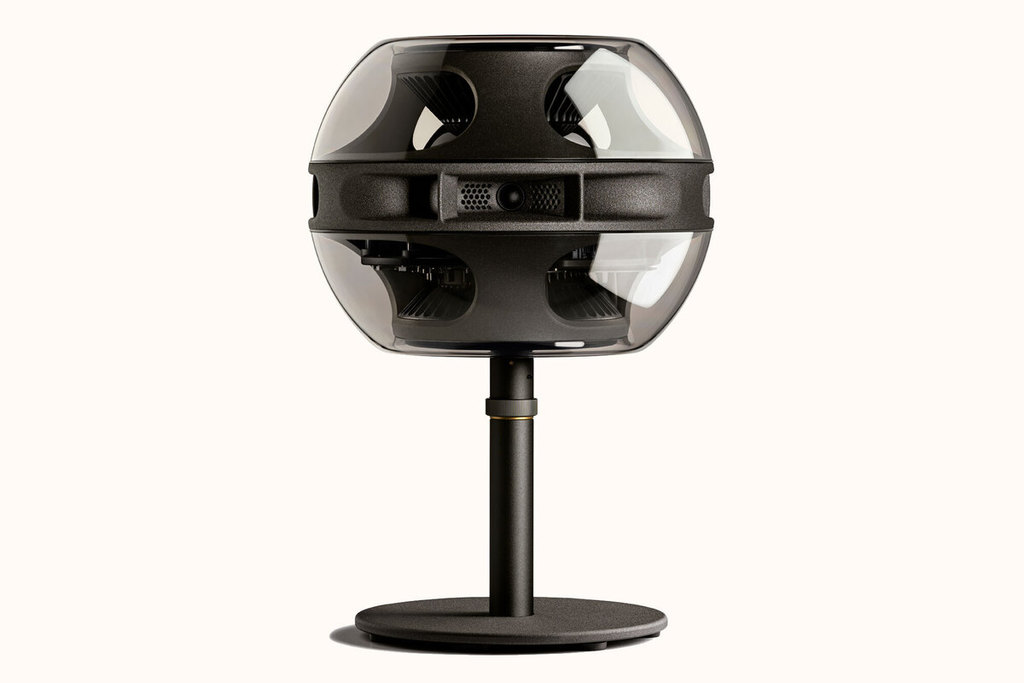- in Gear , Speakers by Bobby Owsinski
Is The Cell Alpha The Loudspeaker Breakthrough We’ve Been Waiting For?

While technology has faithfully marched on and changed almost everything we do when it comes to capturing and manipulating an audio signal, two things haven’t changed much at all – loudspeakers and microphones. Yep, it’s the same old technology that’s been used for more than a hundred years. It’s true that’s its better in many cases (not all), but still basically a moving element generating some electron flow. Every now and then something new is launched that seems to take things to an exciting new place though, and that’s exactly what the Cell Alpha transducer from a new company called Syng has done.
Is the system revolutionary in terms of type of transducers? No, but the thinking behind how traditional ones are used is definitely outside-the-box. The brainchild of former Apple engineer Christopher Stringer (who helped design the iPhone, iPad, MacBook, and Apple Watch) revolves around a three horn array called the Triphone and four balanced subwoofers. This allows the speaker to provide immersive audio from just the single Cell Alpha speaker, meaning that you no longer need multiple loudspeakers to hear a stereo soundfield or other immersive formats. That said, you can add additional Cell Alpha’s via Bluetooth for an enhanced experience.
Inputs are either via Bluetooth or there are two USB-C ports for hard-wire input. As far as parameter control, that all comes from an iPhone app.
How does it sound? Too soon to say as it just came on the market yesterday. It’s pricey at $1,799 for the table stand version and $1,969 for the floor stand version, but that’s only if you’re comparing it to current smart speakers or low end audio gear.
Cell Alpha is aimed at the high-end home market – the people who want higher quality sound than what they get from the typical smart speaker like the Homepod. What’s exciting is that it’s products like these that will make immersive audio finally work in the home, and it might push the traditional studio monitor manufacturers to think a bit differently about their products in the future. Could this be the future of loudspeakers?

